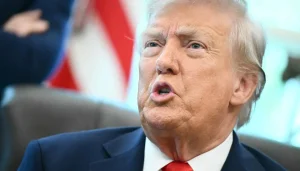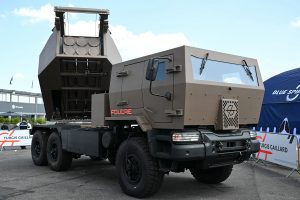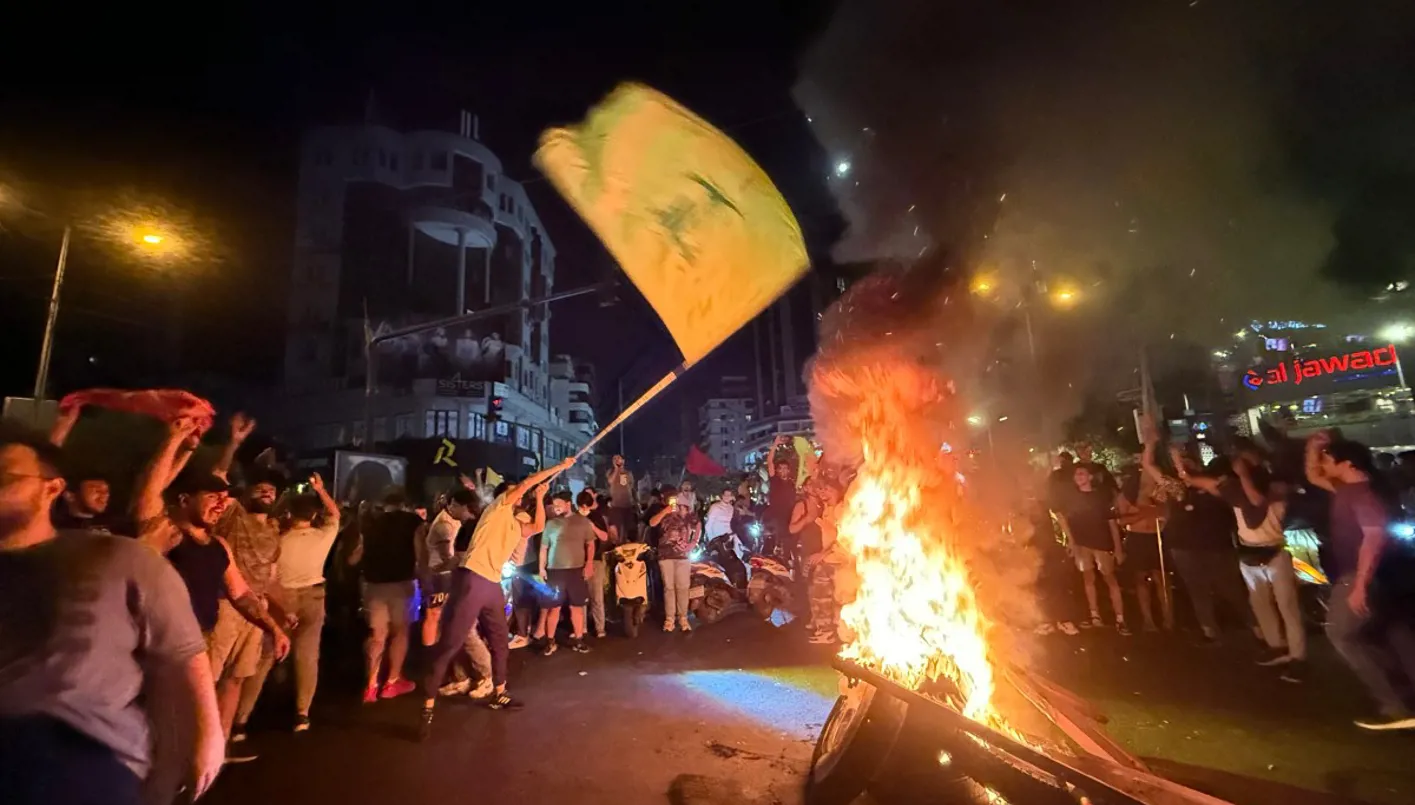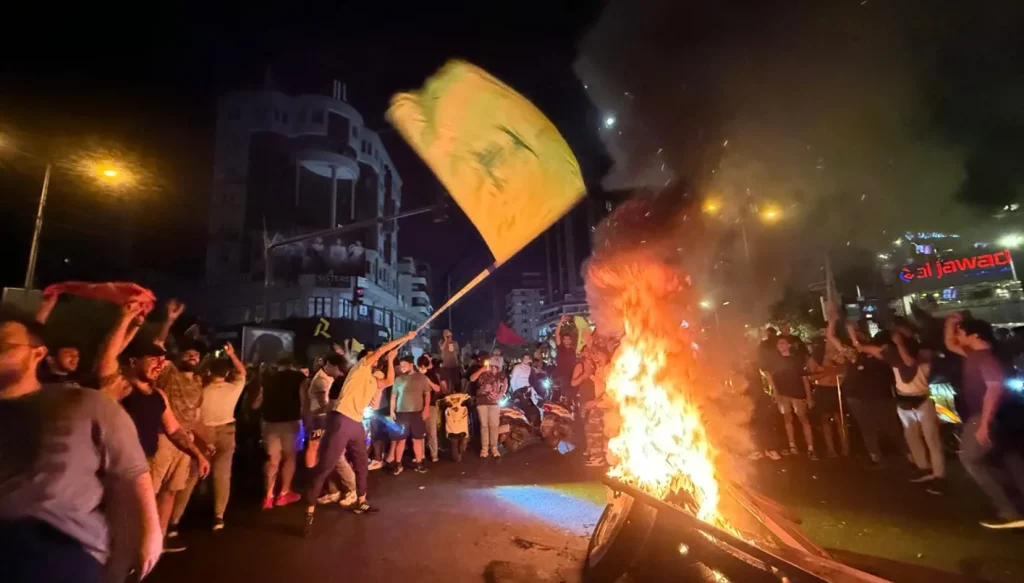The Islamic Republic of Iran tries to convey that it still holds cards of power in the Middle East and the South Caucasus, but according to all experts, this is not the case as its cards are scattered in an unprecedented geopolitical autumn!
In the South Caucasus, Iran is being tightly besieged due to the control of the United States and its allies in the region over the ‘Zangazur’ corridor, which Tehran used via Yerevan to bypass sanctions. However, the peace agreement between Armenia and Azerbaijan has created a new reality that threatens to cut off Iran’s oxygen, as the route connecting it to Europe is about to be severed!
Tehran seeks to overturn this dangerous new reality in the South Caucasus with the help of Russia, but Kremlin leader Vladimir Putin’s strategic interests push him to favor Turkey, which has a stake in the new route, over Iran, considering Moscow’s need for Ankara in many matters including oil pipelines, freedom of movement in the Black Sea, and the reduced need for Iranian drones after Russia began developing and manufacturing enough of its own!
The Iranian leadership realizes that this reversal in the South Caucasus is fully backed by the US administration, which has accelerated its measures alongside the destructive strikes of B-2 Spirit bombers on its nuclear sites. It also understands Israel’s interest in all this, as it is allied with Azerbaijan!
Faced with this major predicament, Tehran tries to meddle in two files it considers dear to the US administration’s heart: Lebanon and Iraq!
In both countries, where Iranian influence is receding due to harsh blows following the ‘Al-Aqsa Flood’, there are intense efforts, sponsored by the US, to enforce the principle of confining weapons to the state.
In Iraq, Iran relies on its allied armed groups within the Popular Mobilization Forces to prevent disarmament of militias and to keep weapons confined to the state. The Iraqi Hezbollah plays a leading role in embodying Iranian will, but these Iranian complications are strongly confronted because the consequences of militia lawlessness in Iraq are not simple, as it disrupts government projects, harms relations with Iraqi components and the international community, and negatively affects economic recovery plans!
In Lebanon, the Iranian leadership works to prevent the disarmament of Hezbollah. Tehran presents many arguments insisting on the continuation of this weapon, which has cost it billions of dollars, but these arguments contradict the facts, as the effectiveness of this weapon against Israel has vanished and is now limited to causing disturbances within Lebanon, which the US administration wants to be calm, stable, and healthy for strategic reasons!
However, Iranian efforts will not succeed, as it will not reap the rewards of removing the obstacles it places because it has become weaker in moving the cards. It is poor, at risk of direct war, lacks rare currencies, and its smuggling routes are being closed one after another!
Meanwhile, Hezbollah, even if it suggests its ability to do so, will not be able to provide credentials for Iran, as obstructing the implementation of the decision to disarm will bring disasters upon it and its environment before anyone else. The Lebanese government, by adhering to and insisting on its decision, has separated itself from the ‘Islamic Resistance in Iran’ and turned it into a ‘rebel militia’, thus completely losing state protection and legal protection, becoming exposed to an open war that will accumulate disasters on the Shiite environment that hosts it, after the strong front that the party relied on as a national cover for Iran’s weapons has scattered!
Accordingly, if Hezbollah is in the predicament of rebellion and its costs, Iran is in a thousand troubles and predicaments!














Recommended for you
Exhibition City Completes About 80% of Preparations for the Damascus International Fair Launch
Talib Al-Rifai Chronicles Kuwaiti Art Heritage in "Doukhi.. Tasaseem Al-Saba"
Unified Admission Applications Start Tuesday with 640 Students to be Accepted in Medicine
Egypt Post: We Have Over 10 Million Customers in Savings Accounts and Offer Daily, Monthly, and Annual Returns
His Highness Sheikh Isa bin Salman bin Hamad Al Khalifa Receives the United States Ambassador to the Kingdom of Bahrain
Al-Jaghbeer: The Industrial Sector Leads Economic Growth